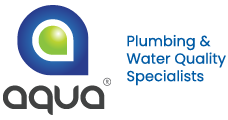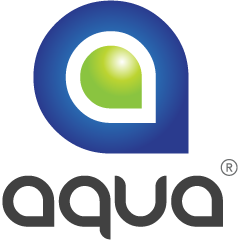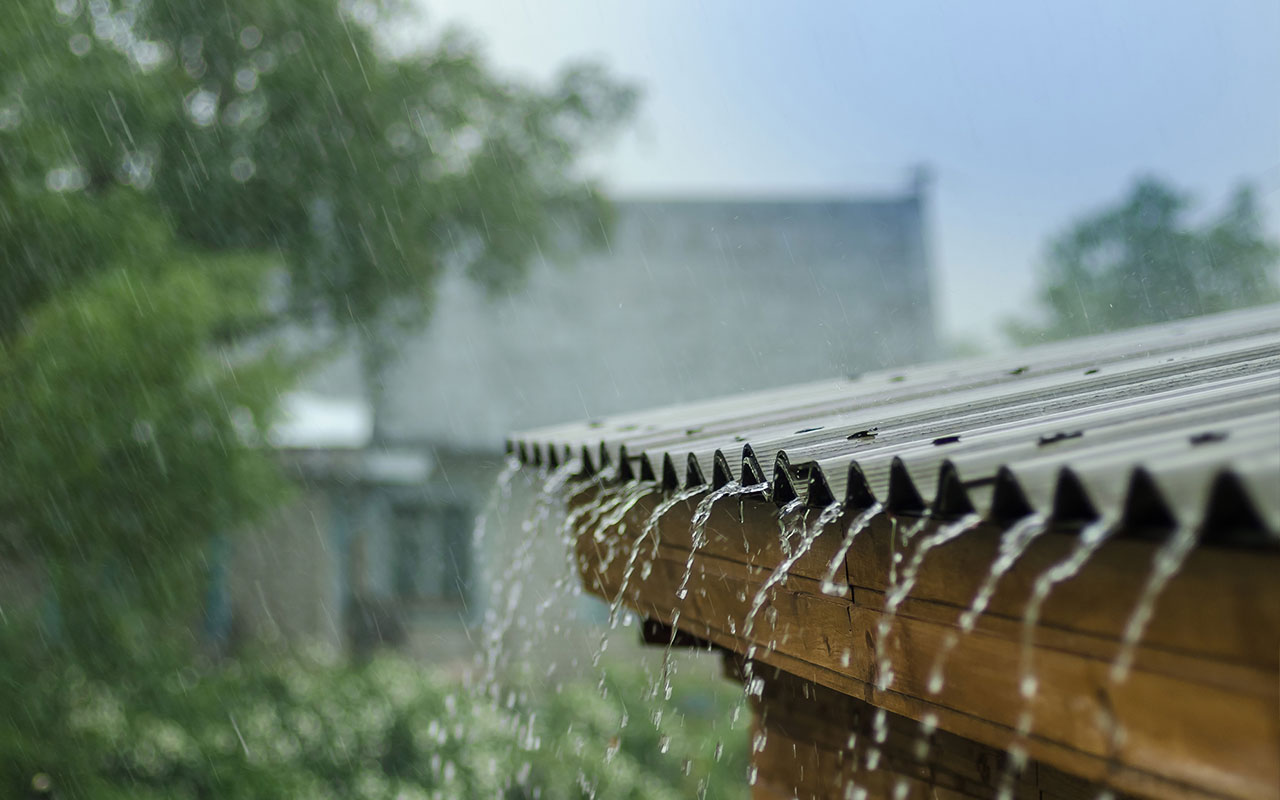The Benefits and Importance of Rainwater Harvesting
Water is a precious resource, and as our population grows, it’s becoming increasingly important to find sustainable solutions for our water needs. One such solution is rainwater harvesting—a practice that not only helps to conserve water but also offers numerous benefits for homeowners, businesses, and communities. In this blog post, we will explore the importance of rainwater harvesting and its many advantages, from environmental benefits to cost savings and water supply security. Let’s dive in!
Stormwater Management
Rainwater harvesting plays a pivotal role in reducing stormwater runoff, a common issue in urban landscapes that can lead to harmful soil erosion and flooding. When rainwater is allowed to run off without capture, it can rapidly accumulate, increasing the risk of urban flooding and landslides. By employing rainwater harvesting systems, we can significantly mitigate this risk. These systems capture rainwater at the source, decreasing the volume of runoff and its potential for damage. This not only helps protect our properties and infrastructure but also contributes to the overall health of our city’s waterways and ecosystems.

At Aqua, we are committed to helping you implement effective rainwater harvesting systems, efficiently managing stormwater runoff, and safeguarding your surroundings.

Cost Savings
One of the most compelling reasons to embrace rainwater harvesting is the potential for significant cost savings. By reducing our dependence on municipal water supplies for non-potable uses, such as irrigation, toilet flushing, and outdoor cleaning, we can see a noticeable decrease in our water bills. Rainwater is abundant and free, making it an excellent alternative for these purposes and allowing us to use our precious drinking water more efficiently.
Water Supply Security
In times of drought or water scarcity, rainwater harvesting provides a reliable source of water. By capturing rainwater during wet periods, we can store it for later use, ensuring a continuous supply even when conventional water sources are limited. This resilience against drought is crucial for homeowners, businesses, and communities alike, offering peace of mind and reducing vulnerability to water shortages.


Promoting Sustainability
Rainwater harvesting encourages a culture of water conservation and sustainability. By making efficient use of rainwater, we reduce overall water consumption and minimise our environmental footprint. Implementing rainwater harvesting systems also engages communities in sustainable practices, fostering a sense of shared responsibility and raising awareness about the importance of water conservation for future generations.
Preventing Contamination in Rainwater Harvesting
An essential aspect of rainwater harvesting is ensuring the cleanliness and safety of the collected water. To prevent contamination from leaves, droppings, and other organic matter, various measures can be implemented:

Leaf Filter
Installing a leaf filter is an effective way to prevent larger-sized contamination from entering your rainwater tank.

First Flush Diverter
This simple, inexpensive device can be attached to your downpipe or tank inlet. It diverts the initial flow of contaminant-laden water from the roof away from the tank when it rains, ensuring that only clean water enters the storage unit.
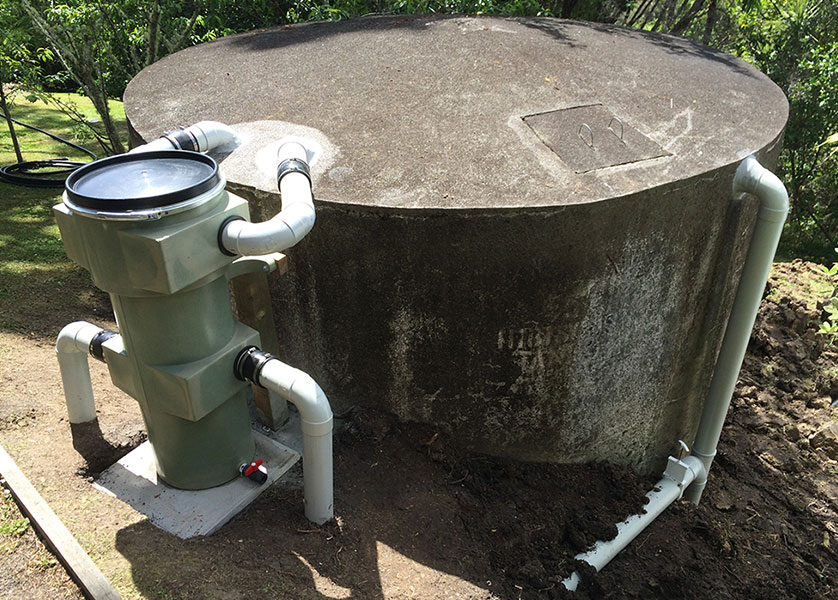
Tightly sealed tank
Ensuring your tank is tightly covered not only prevents contamination but also reduces water loss through evaporation.
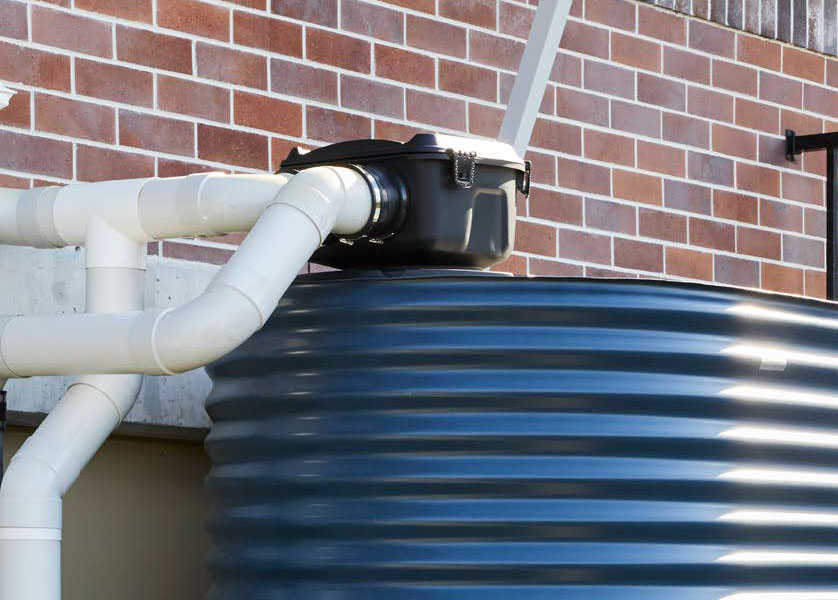
Inlet Pipe Screen
Installing a screen over the tank’s inlet pipe helps keep out insects, birds, and animals, safeguarding the quality of collected rainwater.

Gutter Screens
These devices prevent debris from entering the gutter without hindering water flow. It's vital to ensure they don’t compromise your roof and gutter warranties and that they can themselves be cleaned easily periodically.
By implementing these preventative measures, you can improve the quality and safety of your harvested rainwater, making it suitable for various uses while promoting water conservation and sustainability. Trust Aqua Plumbing & Water Quality Specialists to assist you in setting up an efficient and contaminant-free rainwater harvesting system.
Frequently Asked Questions About Rainwater Harvesting
As with any practice, there are often misconceptions and common questions surrounding rainwater harvesting. Let’s address a few of these:
While rainwater is generally safe for non-potable uses, such as gardening or cleaning, additional treatment is necessary for drinking purposes.
Regular maintenance, including gutter cleaning and filter maintenance, is essential to keep the system functioning optimally.
While rainwater collection is naturally more abundant during wet seasons, proper storage systems can help ensure a steady supply of water even during dry periods.
Regulations may vary by region, so it’s important to check local laws and regulations regarding rainwater harvesting.
Tips for Implementing Rainwater Harvesting Systems
Implementing a rainwater harvesting system requires careful planning and execution. Here are some tips to help you get started:
Assess Your Needs
Identify your water usage needs. This will help you determine the size and type of rainwater harvesting system required.
Consider Your Catchment Area
The size, type, and cleanliness of your catchment area (typically a roof) hugely impact the quantity and quality of rainwater you can harvest.
Choose the Right Storage Tank
Rainwater storage tanks come in various sizes and materials. Select one that suits your needs in terms of capacity, longevity, and aesthetics.
Plan for Overflow
Design your system to handle overflow safely, especially during heavy rains. This can prevent damage to your property and keep the system functioning efficiently.
Regular Maintenance
Regularly check and clean gutters, filters, and storage tanks to ensure system efficiency and water quality.
Comply with Local Regulations
Always check and comply with local laws and regulations regarding rainwater harvesting.
Invest in Quality Filtration and Purification Systems
For using harvested rainwater for potable purposes, invest in reliable water treatment systems, such as Aqua's UV Systems, Direct Flow RO, and Aqua's Whole House Water Filtration System.
By following these tips, you can ensure the successful implementation and operation of your rainwater harvesting system. Remember, at Aqua Plumbing & Water Quality Specialists, we are always ready to assist you throughout the process, helping you achieve a sustainable and efficient water supply solution.
Choosing the Right Rainwater System for You
When it comes to rainwater harvesting, selecting the appropriate system that suits your needs is crucial. Several factors contribute to this decision:
Size of the Tank:
The size of the tank you’ll need is dependent on your specific water usage needs and the volume of rainwater you can potentially collect. Consider the average annual rainfall in your area and your intended usage of the harvested water. For instance, if you plan to use the water for potable purposes or gardening, you will need a larger tank compared to using the water primarily for cleaning or flushing toilets.
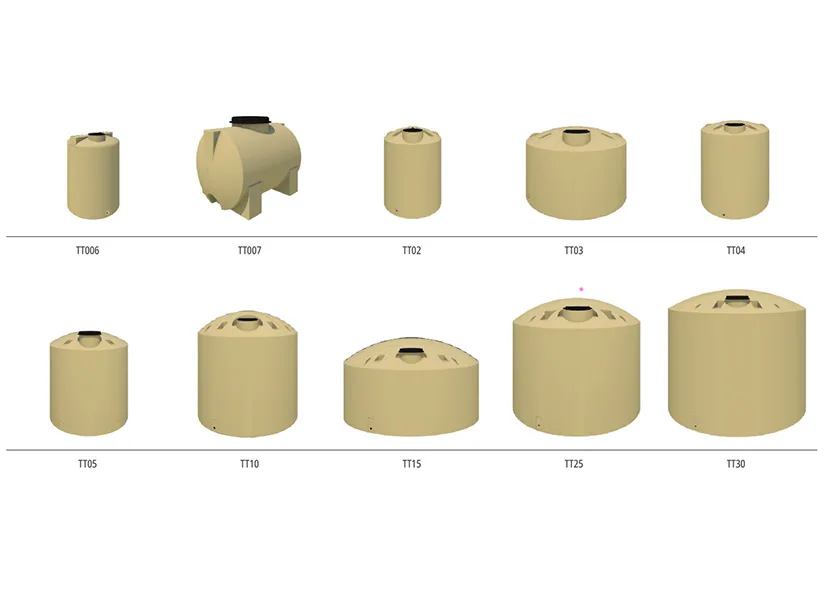
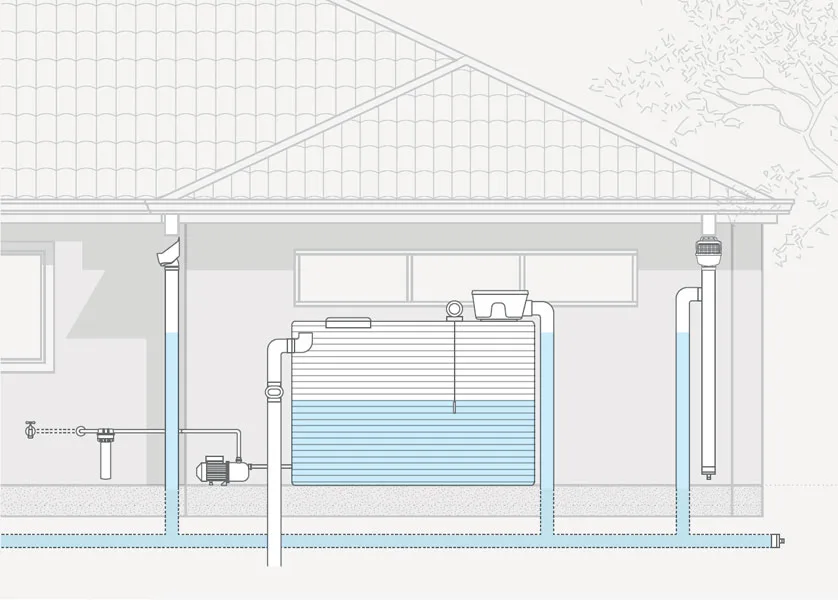
Access to Mains Water Supply:
If you have a reliable mains water supply, you may not need a large storage tank as the mains can supplement your water supply during periods of low rainfall. On the other hand, if you have limited or no access to a mains water supply, a larger tank would be necessary to ensure you have an adequate water supply during dry periods.
At Aqua Plumbing & Water Quality Specialists, we provide consulting and guidance to help you determine the ideal rainwater harvesting system for your specific needs, ensuring you optimise your water usage and promote sustainability.
Treating and Purifying Water for Drinking
Using harvested rainwater for potable purposes requires additional treatment to ensure safety and quality. At Aqua Plumbing & Water Quality Specialists, we offer a series of systems tailored for this necessity. These include Aqua’s UV Systems, Direct Flow RO, and Aqua’s Whole House Water Filtration System.
Aqua's UV Systems
UV Systems are a highly effective method to purify water without the use of chemicals. Our UV Systems use ultraviolet light to deactivate harmful microorganisms, making the water safe to drink. This process is environmentally friendly and removes 99.99% of harmful organisms without altering the taste or odour of water.
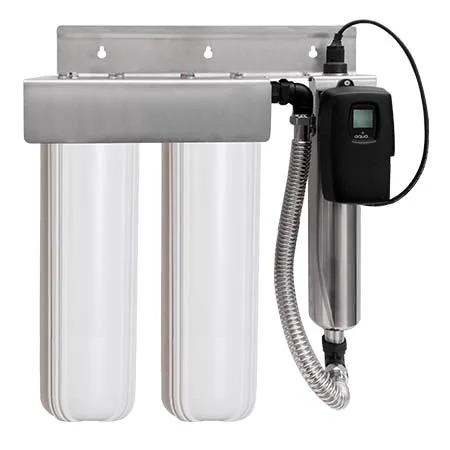

Direct Flow RO
Our Direct Flow Reverse Osmosis (RO) system is designed to efficiently filter and purify water at the point of use, providing clean drinking water directly from the tap. Unlike conventional RO systems, our Direct Flow RO doesn’t require a storage tank, ensuring you always have fresh, purified water on demand.
Aqua's Whole House Water Filtration System
For comprehensive water treatment across your entire home, we recommend Aqua’s Whole House Water Filtration System. This system treats all water entering your home, removing sediment, chlorine, and other contaminants that could affect water taste, odour, and safety. With this system, you can be confident that every tap in your home provides clean, safe, and great-tasting water.
Investing in these water treatment systems not only guarantees the safety of your harvested rainwater but also contributes to the sustainability of our water resources. With Aqua Plumbing & Water Quality Specialists, you can trust your water is in good hands.
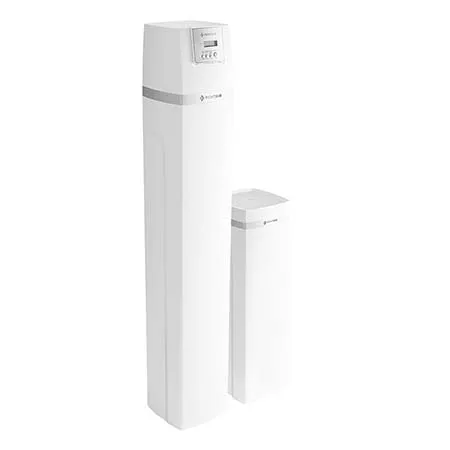
Water Pumps and Rainwater Harvesting
Water pumps are an integral component of a rainwater harvesting system, helping to optimise the use of harvested rainwater. They offer a reliable mechanism for transferring water from collection points, such as roofs and gutters, to storage tanks and, ultimately, to the locations where the water will be utilised.
This process begins with a submersible pump, which is usually placed in a well or a large rainwater storage tank. The pump can efficiently move water from the collection point, overcoming the force of gravity which could otherwise limit the amount of water that can be collected. This is particularly useful in larger buildings or in regions with high rainfall, where significant quantities of water can be harvested.
Once the water is stored, a water pump is again crucial when it comes to utilising the harvested rainwater. A pump system can deliver water under sufficient pressure for a variety of uses such as irrigation, flushing toilets, laundry, or, after proper treatment, even drinking water. By ensuring a consistent and pressurised water supply, pumps enable users to make the most of their harvested rainwater, enhancing the effectiveness and benefits of a rainwater harvesting system.
Moreover, modern water pumps offer features such as automated controls and energy-efficient operation. These features allow for further cost savings and reduce the environmental impact of the system, underlining the role of water pumps in promoting sustainable water management practices.
In conclusion, water pumps significantly enhance the usability and efficiency of rainwater harvesting systems, making them an essential component for anyone considering rainwater harvesting.
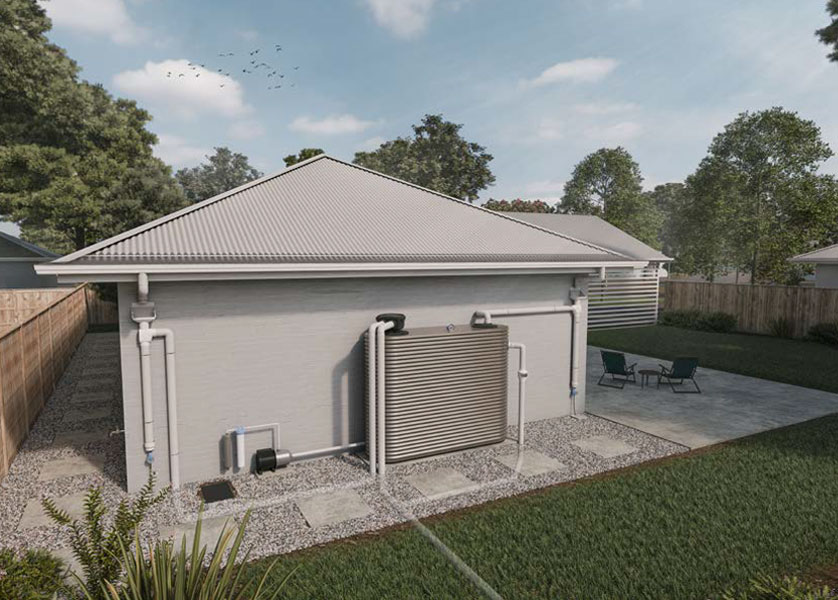
Rainwater harvesting offers a multitude of benefits for homeowners, businesses, and communities. From environmental conservation and cost savings to water supply security and sustainability, the advantages are undeniable. Embracing rainwater harvesting not only helps preserve our natural resources but also contributes to a more resilient and sustainable future. So, join us in harnessing the power of rain and making a positive impact on our precious water supply. Together, we can ensure a cleaner and greener world for generations to come.
At Aqua, we are committed to helping you implement effective rainwater harvesting systems, efficiently managing stormwater runoff, and safeguarding your surroundings.



